Proper diet and digestion is essential to your horse’s wellbeing. Horses have evolved over thousands of years to consume low calorie, high fiber foods throughout the day and night. Unfortunately, many horses have had their eating habits changed due to lack of understanding or convenience. Eating is the best part of the day isn’t it? Well, we think so. It should be good for your horse too.
Frequency is Key
Horses are natural grazers and should be eating small quantities of food all throughout the day. Whenever possible let your horse graze outside on grass. Well-managed pasture with a variety of species provides many important nutrients. You’ll be delighted to see your horse bury his nose in the fresh grass, soaking up his natural environment. However, if your grass has a high calorie content and your horse tends to get fat, you may need to monitor his grazing.
Not All Hay is Created Equal
Try to source different types of grass hay such as Bermuda, Timothy, Orchard, Brome and Rye. For extra nutrition and taste add small amounts of alfalfa or grain. These should only be served in small amounts, like a condiment. Alfalfa is high in calories, and grain is highly concentrated and can cause problems if too much is consumed.
On the Same Level
Many people think that by installing off-ground hayracks and mangers they are making it easier for their horse to feed. However, a horse is naturally built to feed off the ground, and to chew and swallow with its head bent. If you’re worried about inhalation of foreign particles use rubber mats or a tire feeder.
Fresh fruit and vegetables provide important nutrients. Sprouted birdseed mixes are a great treat, as well as tree branches – just make sure they’re safe to eat.
Remember, you are what you eat.
